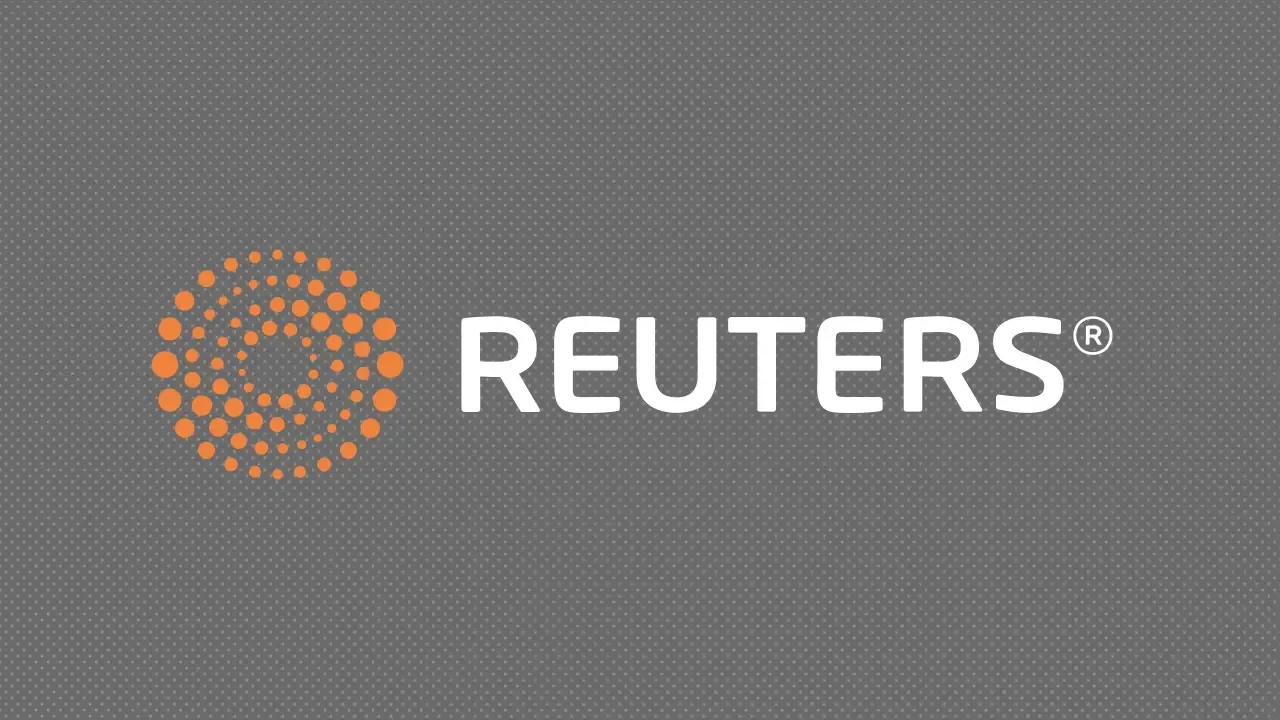LONDON, Aug 21 (Reuters) - Euro zone businesses saw new orders increase in August for the first time since May 2024, helping overall activity expand at the fastest pace in 15 months despite persistent weakness in exports, a survey said on Thursday.
The HCOB Flash Eurozone Composite Purchasing Managers' Index, compiled by S&P Global, rose to 51.1 in August from 50.9 in July, marking the third consecutive monthly improvement and the highest reading since May 2024. A Reuters poll had predicted a dip to 50.7.
PMI readings above 50.0 indicate growth in activity while those below point to a contraction.
"The small increase in the composite PMI ... indicates that the euro zone economy continues to weather global storms quite well," said Bert Colijn at ING.
"Improvements in new orders and increased hiring add to a picture of accelerating growth, but a muted pace seems likely given significant downside risks to the outlook."
The manufacturing sector showed notable improvement with its headline PMI rising to 50.5 from 49.8 in July, moving into expansion territory for the first time in more than three years. Manufacturing output grew at the quickest rate in nearly three-and-a-half years, with the subindex climbing to 52.3 from 50.6.
Services activity continued to expand but at a reduced pace, with the bloc's dominant sector's PMI slipping to 50.7 from 51.0 in July.
Germany, Europe's largest economy, registered its fastest growth since March, driven by a solid manufacturing expansion despite muted services performance. France's downturn eased to a marginal decline, the smallest in a year, while growth in the rest of the euro zone continued but softened slightly.
Germany's PMI rose to 50.9, ahead of forecasts in a Reuters poll, while in France activity almost grew with its PMI coming in at 49.7.
The financial district with the headquarters of Germany's largest business bank, Deutsche Bank (C), is photographed on early evening in Frankfurt
The financial district with the headquarters of Germany's largest business bank, Deutsche Bank (C), is photographed on early evening in Frankfurt, Germany, January 29, 2019. REUTERS/Kai Pfaffenbach/File Photo Purchase Licensing Rights, opens new tab
Still, euro zone consumer confidence is expected to have dipped when data are released later on Thursday by the European Commission.
In Britain, outside the European Union, businesses are having their strongest month in a year thanks to a rebound in the dominant services sector.
PRICE PRESSURES INTENSIFY
Firms in the euro zone continued hiring for the sixth consecutive month, with the pace of job creation quickening to the fastest since June 2024. The employment gains were concentrated in services, while manufacturers continued to shed jobs.
Inflation pressures intensified in August, with input costs rising at the sharpest rate in five months. Service sector cost inflation accelerated to the highest since March, while output prices across the bloc increased at the fastest pace in four months.
"The European Central Bank might wince a little at the rising cost pressures in the services sector. After all, it’s banking on slower wage growth to help bring inflation down in this crucial part of the economy," said Cyrus de la Rubia at Hamburg Commercial Bank.
"That said, there’s a bit of relief in the fact that inflation in service-sector selling prices has remained more or less steady."
ECB policymakers are seen waiting until December if they opt to cut rates one more time, a Reuters poll found, but there is no longer a majority consensus for where the deposit rate will be by end-year.
Global central bank leaders meet at the U.S. Federal Reserve's Jackson Hole symposium over the next few days and investors will scrutinise every speech for clues on policy.
Reporting by Jonathan Cable; Editing by Toby Chopra
